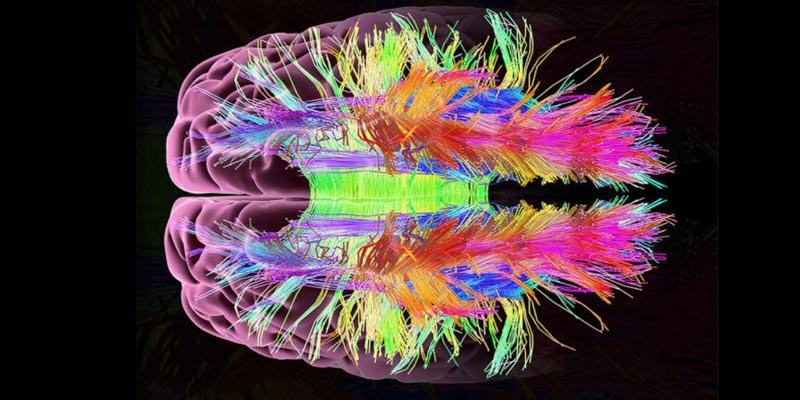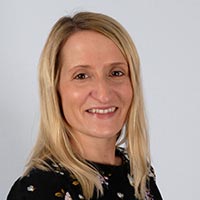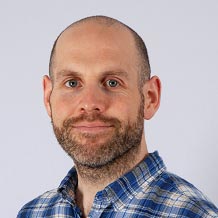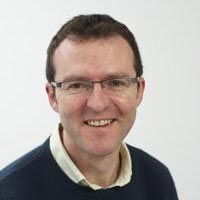
Developmental and white matter correlates of word learning
Context
Vocabulary acquisition has been linked to a neurocognitive model of memory consolidation, in which novel spoken words are stored rapidly in a medial temporal system, with sleep updating neocortical systems. However, current models do not take neural maturation into account and preliminary evidence suggests a different weighting of the mechanisms that support word learning across development. Notably, sleep in pre/early adolescence may be better architectured for consolidation than in adulthood (owing to larger amounts of slow-wave sleep). Furthermore, whilst significant knowledge is accumulating about the neural mechanisms of sleep-associated consolidation, how these mechanisms interact with the structural properties of the developing language network remains unclear.
The research
We examined whether children aged 10 to 12 years can outperform adults’ consolidation of newly learned words over a nap. Both age groups learned new words and then spent roughly 90 minutes either awake or asleep in the sleep lab whilst undergoing polysomnography recording.
Both groups showed memory benefits for the new words after a nap than after wake, and children showed greater benefits than adults (as well as showing double the amount of slow-wave sleep).
Using magnetic resonance imaging (MRI)/diffusion tensor imaging (DTI), we are also examining how children’s memory for the new words is associated with white matter integrity in three tracts key to language: arcuate fasciculus, uncinate fasciculus and superior longitudinal fasciculus.
Preliminary results suggest that integrity within these tracts indeed plays a role in the initial learning of new words, and importantly also children’s ability to consolidate them during a nap. These data emphasise the importance of developmental and MRI/DTI data for advancing neurocognitive models of memory.
Featured publications
Contact us
York Neuroimaging Centre
Co-directors Aidan Horner and Beth Jefferies, Department of Psychology
reception@ynic.york.ac.uk
+44 (0)1904 325940
York Neuroimaging Centre,
The Biocentre,
York Science Park,
Heslington,
York
YO10 5NY
X
Featured researcher

Lisa Henderson
Dr Henderson's research uses traditional psycholinguistic paradigms, cognitive assessment, techniques that measure language processes as they occur in real-time (such as EEG/event related potentials and eye tracking) and sleep EEG.
Featured researcher

Scott Cairney
Dr Cairney's research combines experimental psychology, cognitive neuroscience and neurophysiology to investigate how emotional memories are processed in the sleeping brain.
Featured researcher

Gareth Gaskell
Professor Gaskell's areas of expertise include sleep and memory, speech perception, neural networks and language processing and learning new vocabulary.
Featured researcher

André Gouws
Dr Gouws' research interests include neurochemistry, face processing, illusory stimuli and cortical reorganisation.
Featured researcher

Alex Wade
Professor Wade's research interests include visual attention, the representation of colour and contrast in the human brain and the way in which these processes are affected by neurological diseases.
Contact us
York Neuroimaging Centre
Co-directors Aidan Horner and Beth Jefferies, Department of Psychology
reception@ynic.york.ac.uk
+44 (0)1904 325940
York Neuroimaging Centre,
The Biocentre,
York Science Park,
Heslington,
York
YO10 5NY
X